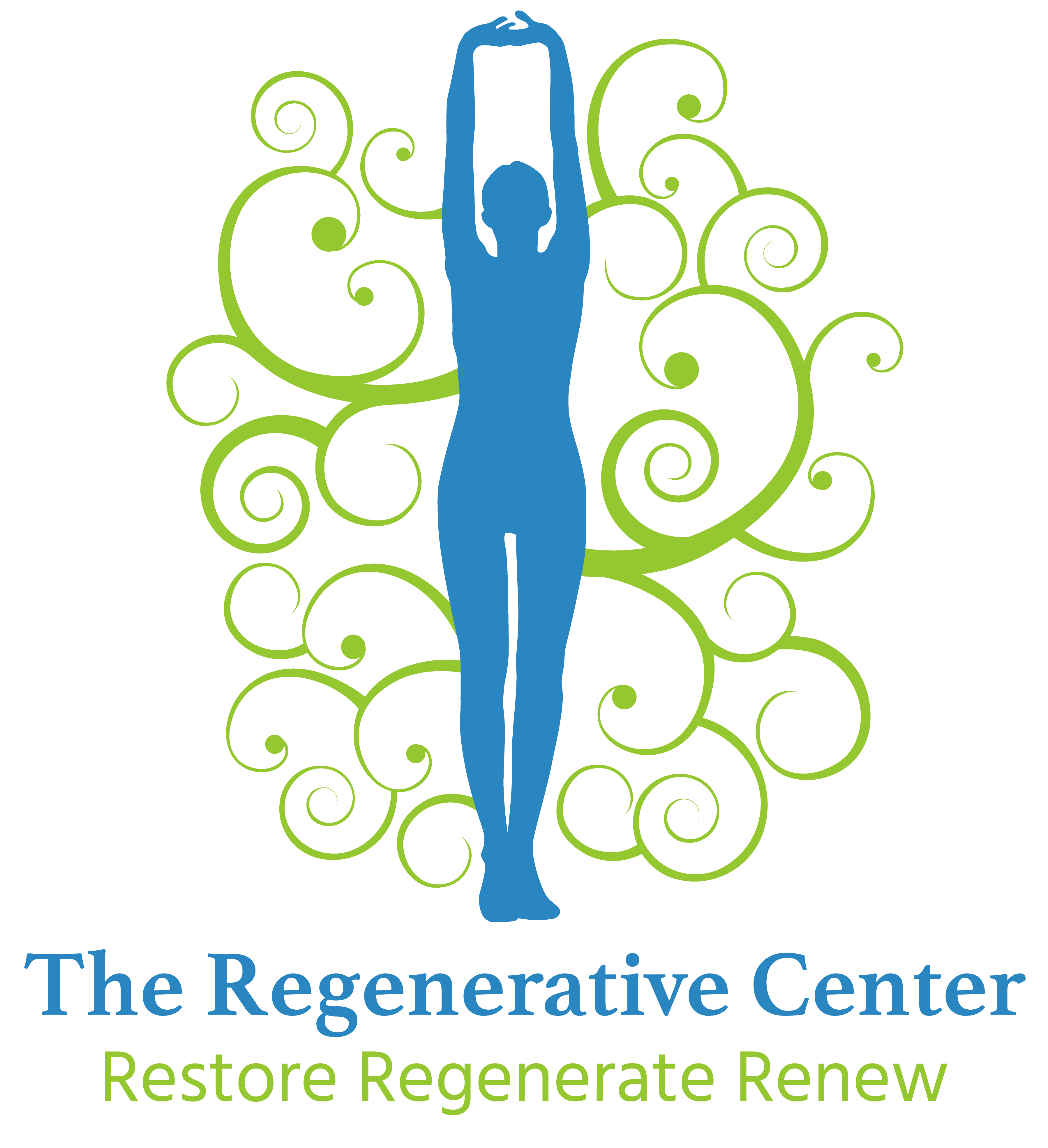The potential role of hydrogen peroxide or H202 in treatment of erectile dysfunction (ED) has garnered attention due to its purported vasodilatory and anti-inflammatory properties. H202, a common household antiseptic, is known for its ability to increase nitric oxide (NO) production, a key factor in regulating blood vessel dilation. Nitric oxide plays a crucial role in penile erection by relaxing the smooth muscle cells in the corpus cavernosum, allowing increased blood flow to the penis.
Studies suggest that H202 may enhance NO production by stimulating endothelial cells, which line the blood vessels. Improved endothelial function is associated with better circulatory health, potentially addressing one of the underlying causes of ED—vascular insufficiency. Additionally, hydrogen peroxide’s anti-inflammatory effects may contribute to reducing oxidative stress, which can impact erectile function.
While these theoretical connections between H202 and ED treatment are intriguing, it’s essential to approach this topic with caution. Rigorous clinical trials are needed to determine the safety, efficacy, and optimal dosages of H202 for treating ED. Furthermore, potential side effects and long-term impacts must be thoroughly investigated before considering H202 as a mainstream treatment for ed. Until then, individuals experiencing ED should consult healthcare professionals for evidence-based treatments and guidance.
Understanding the Connection Between Hydrogen Peroxide and Erectile Dysfunction
Exploring the link between H202 and erectile dysfunction raises intriguing possibilities rooted in the compound’s vasodilatory properties. Research suggests that H202 may influence nitric oxide production, crucial for penile blood circulation regulation. However, it is crucial to emphasize that any potential application is strictly topical. In no circumstance should H202 be ingested, as it is a potent oxidizing agent and can be harmful or even fatal. The focus should remain on scientific investigation into its topical application for therapeutic purposes, with a strong caution against inappropriate usage, reinforcing the critical message: Do not drink hydrogen peroxide.
The Physiology of Penile Erection
Penile erection is a complex physiological process essential for sexual function. It begins with sexual arousal triggering the release of nitric oxide, a signaling molecule that relaxes smooth muscle cells in the penile arteries and corpus cavernosum. This relaxation increases blood circulation, engorging the erectile tissue. The pressure from the expanded blood vessels compresses the veins, reducing blood outflow and sustaining the erection. Simultaneously, hormones, nerve signals, and psychological factors contribute to this intricate interplay. Understanding the physiology of penile erection is crucial for addressing erectile dysfunction and developing targeted treatments that enhance the health and neurological signaling in this intricate physiological cascade.
The Role of Hydrogen Peroxide in Erectile Function
H202 role in erectile function intertwines with key factors like testosterone, Viagra (sildenafil), and circulatory health. Testosterone plays a pivotal role in maintaining sexual health, influencing libido and erectile function. H202, known for its vasodilatory properties, may impact nitric oxide production, crucial for penile blood flow regulation. Viagra, containing sildenafil, enhances the effects of nitric oxide, aiding in smooth muscle relaxation. Research explores hydrogen peroxide’s potential in addressing circulatory issues associated with erectile dysfunction. While these elements are interconnected, it’s imperative to approach any exploration of H202 cautiously, prioritizing comprehensive clinical research and avoiding self-administration.
Vascular Health and Erectile Dysfunction
Erectile dysfunction (ED) is intricately linked to circulatory health, as adequate blood circulation is essential for a firm erection. Some issues, such as atherosclerosis or endothelial dysfunction, can impede the proper dilation of penile arteries, hindering blood circulation. The narrowing of blood vessels limits the influx and retention of blood in the corpus cavernosum, leading to difficulties in achieving or maintaining an erection. Addressing circulatory Reactive Oxygen Species (ROS) play a detrimental role in erectile dysfunction (ED). Elevated levels of ROS, including free radicals, contribute to oxidative stress, causing damage to the vascular endothelium and impairing nitric oxide availability. This oxidative damage disrupts the intricate balance required for proper penile blood circulation and smooth muscle relaxation. In turn, compromised vascular function contributes to ED. Understanding the impact of reactive oxygen species on erectile function underscores the importance of antioxidant strategies in mitigating oxidative stress, potentially offering therapeutic avenues to address and prevent the vascular component of erectile dysfunction. Health through lifestyle modifications, including exercise and a healthy diet, is crucial in preventing and managing ED. Comprehensive understanding and proactive measures towards the well-being are pivotal in promoting sexual health and combating erectile dysfunction.
Nitric Oxide and Vasodilation
Nitric oxide (NO) is a key player in vasodilation, a crucial physiological process for various bodily functions, including penile erection. Produced by endothelial cells lining blood vessels, NO signals the surrounding smooth muscle to relax, leading to the dilation of blood vessels. This dilation enhances blood flow, allowing increased oxygen and nutrient delivery to tissues. In the context of sexual health, NO-mediated vasodilation is particularly essential for the relaxation of penile arteries and corpus cavernosum, facilitating optimal blood circulation during arousal. Understanding and supporting the role of nitric oxide in vasodilation are fundamental for addressing conditions like erectile dysfunction.
Reactive Oxygen Species and Erectile Dysfunction
Reactive Oxygen Species (ROS) play a detrimental role in erectile dysfunction (ED). Elevated levels of ROS, including free radicals, contribute to oxidative stress, causing damage to the circulatory endothelium and impairing nitric oxide availability. This oxidative damage disrupts the intricate balance required for proper penile blood flow and smooth muscle relaxation. In turn, compromised circulatory function contributes to ED. Understanding the impact of reactive oxygen species on erectile function underscores the importance of antioxidant strategies in mitigating oxidative stress, potentially offering therapeutic avenues to address and prevent the circulatory component of erectile dysfunction.
Potential Benefits
While there is some theoretical interest in the potential benefits of H202 in treating erectile dysfunction (ED), it’s crucial to note that rigorous clinical evidence supporting its use is currently lacking. Hydrogen peroxide is known for its vasodilatory and anti-inflammatory properties, which could theoretically enhance nitric oxide production and improve vascular health, factors relevant to ED. However, caution is warranted as H202 can be harmful if not used properly. The medical community emphasizes the need for comprehensive research and clinical trials to establish safety, efficacy, and appropriate dosages before considering hydrogen peroxide as a viable treatment for ED. Individuals experiencing ED should consult healthcare professionals for evidence-based guidance.
Potential Side Effects
The potential use of H2O2 in treating erectile dysfunction raises concerns about potential side effects. While its vasodilatory properties suggest a role in improving blood circulation, the concentration and application method are crucial factors. Inappropriate use can lead to irritation, tissue damage, or systemic effects. Ingesting or injecting H202 is particularly hazardous and can result in serious complications. The lack of established protocols and clinical evidence for its efficacy underscores the importance of caution. Before considering H2O2 for ED, thorough research is essential to delineate potential side effects, ensuring the safety of any proposed treatment.
Alternative Treatments for Erectile Dysfunction
Alternative treatments for erectile dysfunction (ED) encompass various approaches beyond traditional methods. Shockwave therapy, a non-invasive procedure, has shown promise in enhancing blood circulation to the penis. While success rates vary, studies suggest improvement in approximately 50-70% of cases. Additionally, lifestyle modifications, including diet and exercise, play a crucial role in managing ED. A holistic approach that includes a healthy diet and regular physical activity can positively impact circulatory health. For more detailed information on alternative ED treatments, you can explore resources such as https://theregenerativecenterspa.com/erectile-dysfunction-ed-treatment/. Consulting healthcare professionals is advisable to determine the most suitable approach based on individual needs.



